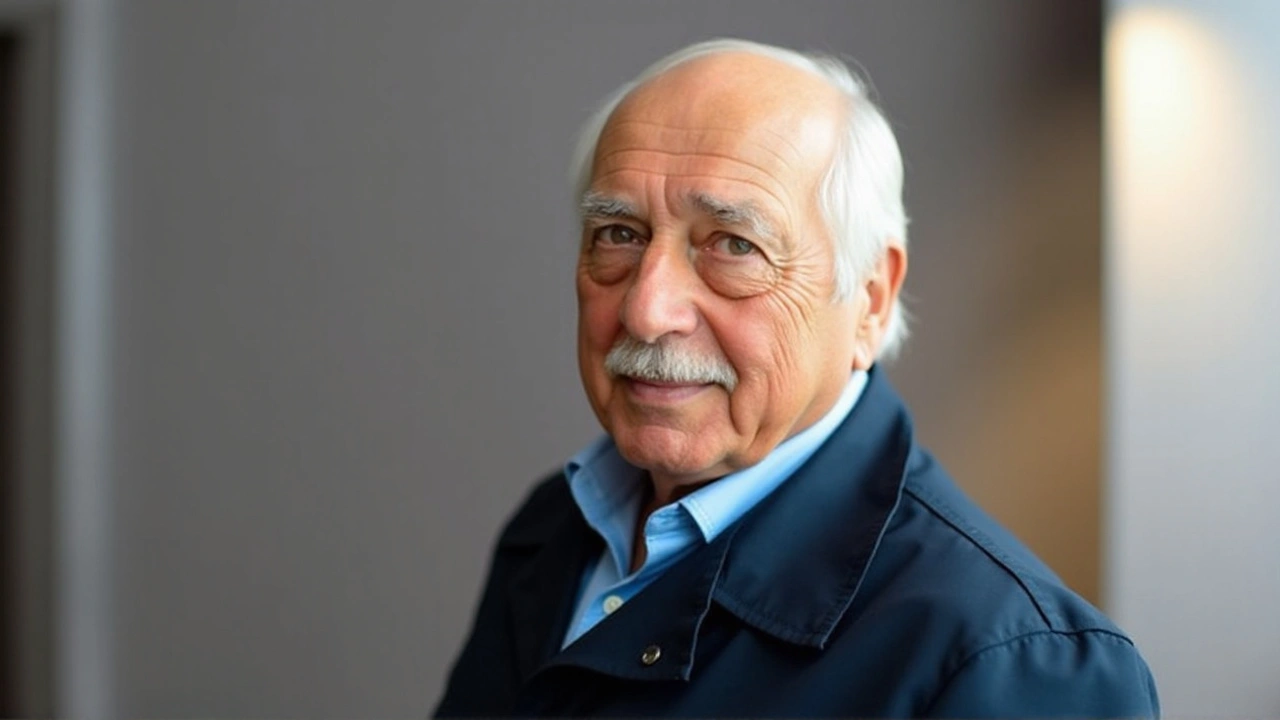What You Need to Know About the Turkish Coup
The Turkish Coup attempt on July 15, 2016, was a shocking event that shook Turkey to its core. It involved a faction of the military trying to overthrow the government led by President Recep Tayyip Erdoğan. The coup was sudden, and for many people in Turkey and across the world, it raised big questions about stability and democracy in the country.
Here’s the main thing: the coup never fully succeeded. Millions of everyday citizens took to the streets, standing up against the military faction, while loyal government forces fought back. This massive push by civilians and security forces stopped the military faction from taking control.
What Caused the Coup Attempt?
The roots go deep. Relations within the military and government had been tense for years. Some members of the military accused Erdoğan and his government of increasing authoritarian control and sidelining the military's traditional role in politics. The coup plotters wanted to seize power quickly to reset the country's course.
What made the coup different was how fast events unfolded. Military helicopters and tanks appeared in Istanbul and Ankara overnight. The plotters took over the state broadcaster to announce their control and imposed a curfew. But the public refusal to give in tipped the balance.
The Coup’s Deep and Lasting Effects
After the coup’s failure, Erdoğan’s government launched a huge crackdown on those suspected of involvement. Thousands of military personnel, judges, teachers, and civil servants were fired or arrested. The government claimed its actions were necessary to protect the country, though critics worry about human rights and political freedom.
The failed coup changed Turkish politics forever. It gave Erdoğan more power and pushed Turkey toward a stronger presidential system. It also created deep divisions within society, with citizens split over loyalty and trust in institutions.
So, why does the Turkish Coup still matter? It shows how fragile democracy can be and highlights the role of citizen action in defending it. Plus, it’s a key piece in understanding Turkey’s current political mood and its place in global affairs.
If you want to keep up with the latest developments related to Turkish politics and its ongoing challenges, following reliable news sources will keep you informed and ready to understand the bigger picture behind headlines.

Exploring the Legacy and Controversy of Fethullah Gulen Amidst Turkish Political Tumult
Fethullah Gulen, controversial Turkish cleric accused of orchestrating a failed coup against President Erdogan, has died at 83. Initially an ally, Gulen's relations with Erdogan deteriorated, leading to accusations and a sweeping crackdown post-coup. Gulen, a prominent figure in global Islamic movements, denied his involvement, implicating international diplomatic tensions.